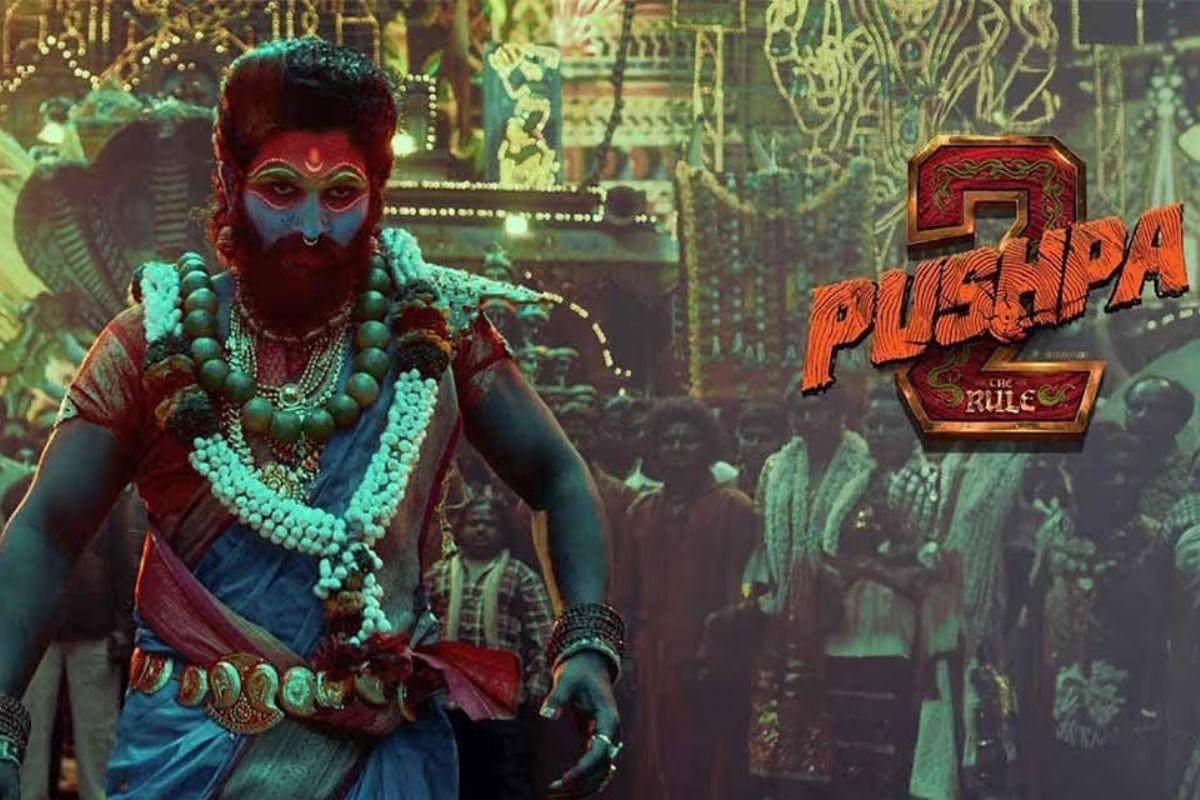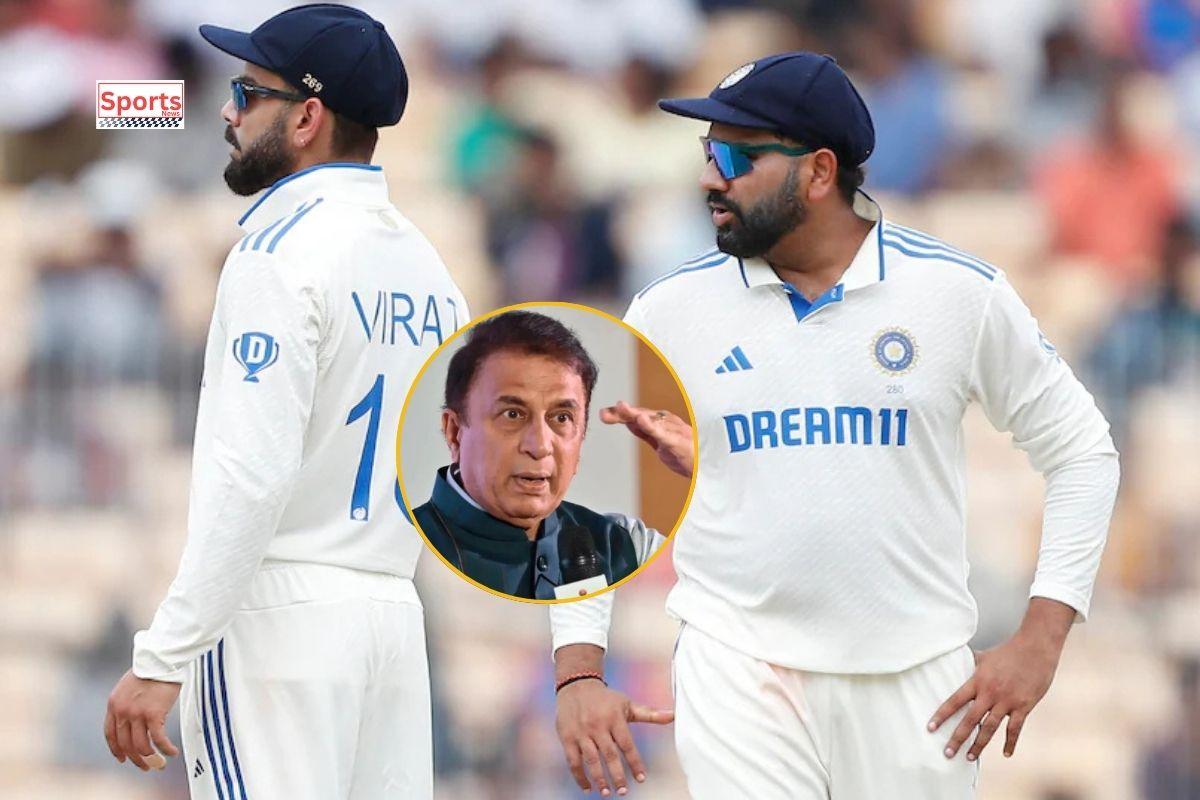Renowned filmmaker Ridley Scott revisits the world of ancient Rome with the highly anticipated “Gladiator 2,” exploring the director’s creative process and the challenges of crafting a worthy sequel to his 2000 masterpiece.
Ridley Scott’s name has long been synonymous with cinematic grandeur and the ability to transport audiences to captivating worlds. From the dystopian future of “Blade Runner” to the gritty realism of “Alien,” the British director has consistently demonstrated a remarkable talent for creating visually stunning and thematically rich films. However, it is his return to the ancient Roman Empire with the 2000 epic “Gladiator” that has cemented his legacy as a master of the historical drama genre.
Now, over two decades after the release of the original film, Ridley Scott is once again venturing into the world of ancient Rome with the highly anticipated sequel, “Gladiator 2.” This journey back to the Colosseum and the political intrigue of the Roman Empire promises to be a captivating exploration of the director’s creative process and the challenges of crafting a worthy follow-up to one of the most acclaimed films of the 21st century.
The Legacy of “Gladiator”
When “Gladiator” was released in 2000, it was an immediate critical and commercial success, winning five Academy Awards, including Best Picture and Best Actor for Russell Crowe’s iconic performance as Maximus. The film’s blend of grand-scale action, political drama, and emotional storytelling struck a chord with audiences worldwide, cementing its status as a modern classic.

The enduring popularity of “Gladiator” can be attributed to Ridley Scott’s masterful direction, which seamlessly blended the gritty realism of ancient Rome with the timeless themes of honor, revenge, and the human spirit. The film’s attention to historical detail, combined with its sweeping visual grandeur, transported viewers to a bygone era and left an indelible mark on the cinematic landscape.
read more: “Gladiator 2” Trailer Promises an Epic Sequel Worthy of the Original
Returning to the Roman Empire
With the success of “Gladiator” firmly established, it was only a matter of time before Ridley Scott would return to the world of ancient Rome. The director’s fascination with the period and his desire to further explore the complexities of power, loyalty, and the human condition have made the decision to craft a sequel a natural progression.
In the years following the release of “Gladiator,” Scott has continued to demonstrate his mastery of the historical drama genre, with films like “Kingdom of Heaven” and “The Last Duel” showcasing his ability to immerse audiences in the past. However, the anticipation for “Gladiator 2” has been particularly high, as fans eagerly await the director’s return to the world that he so memorably brought to life two decades ago.
Crafting a Worthy Sequel
The challenge of creating a sequel to a film as iconic as “Gladiator” is not one to be taken lightly. Ridley Scott and his team have had to navigate the delicate balance of honoring the legacy of the original while also forging a new and compelling narrative that can stand on its own.
One of the key decisions in the development of “Gladiator 2” has been the choice to focus on a new protagonist, Lucius, the son of Lucilla (Connie Nielsen) from the first film. This strategic move allows the sequel to explore a fresh perspective while still maintaining a connection to the beloved characters and events of the original.
In an interview, Ridley Scott has emphasized the importance of capturing the same grand scale and emotional resonance that made “Gladiator” so impactful. “It’s not just about recreating the spectacle of the Colosseum or the political intrigue of the Roman Empire,” he explains. “It’s about delving deeper into the human experience, the struggles and triumphs that defined that era.”
Assembling the Talent
To bring his vision for “Gladiator 2” to life, Ridley Scott has assembled a talented cast and crew that are well-equipped to carry forward the legacy of the original film. The decision to cast Paul Mescal as the new protagonist, Lucius, has been widely praised, with the young actor’s acclaimed performance in “Normal People” serving as a testament to his ability to capture the nuances of complex characters.
Alongside Mescal, the film boasts the return of Connie Nielsen as Lucilla, as well as the potential appearance of Joaquin Phoenix as the villainous Commodus. The inclusion of these familiar faces, coupled with the introduction of new characters, promises to create a seamless transition between the two films, ensuring that “Gladiator 2” feels like a natural extension of the original’s narrative.
In addition to the stellar cast, Ridley Scott has once again assembled a talented creative team, including acclaimed cinematographer Dariusz Wolski, who has collaborated with the director on numerous projects, and composer Hans Zimmer, who will be responsible for crafting the film’s sweeping musical score.
Exploring New Themes
While “Gladiator 2” will undoubtedly pay homage to the themes and narrative elements that made the original film so beloved, Ridley Scott has expressed a desire to explore new and thought-provoking ideas within the context of the Roman Empire.
One of the central themes that the sequel is expected to delve into is the concept of legacy and the weight of one’s familial history. Lucius, as the son of Lucilla, will be grappling with the burden of his family’s past and the expectations placed upon him as he navigates the treacherous political landscape of ancient Rome.
Additionally, the film is likely to examine the nature of power, loyalty, and the moral complexities that arise when individuals are forced to make difficult choices in the pursuit of their goals. Ridley Scott’s trademark ability to craft nuanced and morally ambiguous characters will undoubtedly be on full display, challenging audiences to question their own preconceptions about the characters and the world they inhabit.
The Challenges of Revisiting a Masterpiece
While the anticipation for “Gladiator 2” is palpable, Ridley Scott and his team are well aware of the challenges that come with revisiting a cinematic masterpiece. The original “Gladiator” has become so ingrained in the cultural zeitgeist that any sequel runs the risk of being compared unfavorably to the original, no matter its quality.
To overcome this hurdle, Ridley Scott has emphasized the importance of maintaining a distinct identity for the sequel, while still honoring the core elements that made the first film so successful. This delicate balance between familiarity and innovation will be crucial in ensuring that “Gladiator 2” resonates with both longtime fans and newcomers to the franchise.
Additionally, the director has acknowledged the pressure of living up to the high expectations set by the original film. “There’s always that fear of not being able to capture lightning in a bottle twice,” he admits. “But I believe we have a story and a vision that can stand on its own, while still paying tribute to the legacy of ‘Gladiator.'”
Ridley Scott’s return to the world of ancient Rome with “Gladiator 2” is a highly anticipated event in the world of cinema. The director’s proven track record of crafting visually stunning and thematically rich historical dramas, coupled with the enduring popularity of the original “Gladiator,” has set the stage for a sequel that has the potential to be a cinematic masterpiece in its own right.
As Ridley Scott and his team navigate the challenges of revisiting a beloved classic, their commitment to honoring the legacy of the original while forging a new and compelling narrative promises to deliver an experience that will captivate audiences and cement the director’s status as a true master of the historical drama genre.
Additional Resources
- The Hollywood Reporter: Exclusive interviews with Ridley Scott and the “Gladiator 2” cast, providing behind-the-scenes insights into the filmmaking process.
- Vanity Fair: A comprehensive look at the cultural impact of the original “Gladiator” and the expectations surrounding the sequel.
- IndieWire: An in-depth analysis of Ridley Scott’s directorial style and how it has evolved over the course of his illustrious career.
- Empire Magazine: A detailed exploration of the thematic and narrative elements that are expected to be explored in “Gladiator 2.”
Discover more from RVCJ News Media
Subscribe to get the latest posts sent to your email.








2 thoughts on “Ridley Scott’s Return to Ancient Rome: A Director’s Journey”